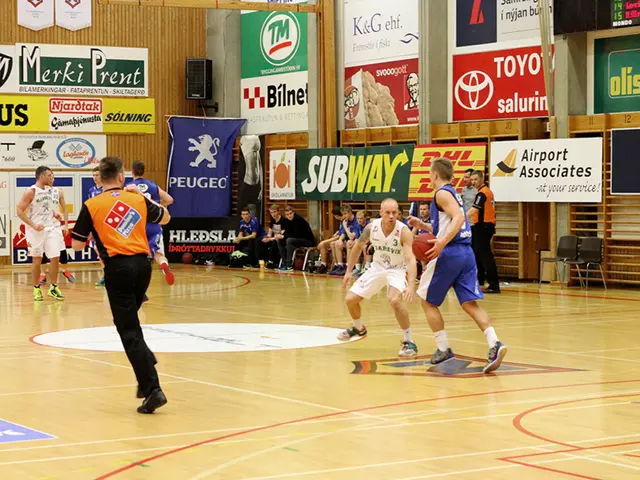International Meeting on Ukraine - Reaching the Tipping Point
US President Donald Trump and Russian leader Vladimir Putin held talks in Alaska last Friday, marking the latest in a series of diplomatic efforts aimed at resolving the ongoing conflict in Ukraine. The summit, which also included Ukrainian President Volodymyr Zelenskyy and European political leaders, produced limited concrete outcomes, with key disagreements and unresolved issues still lingering.
The core unresolved issues include territorial disputes, Putin's reluctance to engage in direct talks, security guarantees, and geopolitical struggles over Ukraine's sovereignty. Ukraine refuses to give up any territory currently under its control, while Russia demands recognition of its gains or land swaps. Russian officials have rejected Zelenskyy's legitimacy and have avoided face-to-face meetings with the Ukrainian president.
Russia has demanded that Ukraine recognise the loss of its own territories for a ceasefire, a demand that Ukraine and its Western allies reject. Zelenskyy has withdrawn his long-standing demand for a ceasefire before a meeting with Putin, stating that he believes they should meet without any preconditions and consider how the path to ending the war could continue.
The discussions around security guarantees and NATO involvement are complex. Russia opposes any NATO troops on Ukrainian soil as part of security assurances, which complicates Western support. Germany is closely considering its role in providing security guarantees for Ukraine, with Chancellor Merz playing a leading role among European allies. French President Emmanuel Macron spoke of "deterrence troops on the sea, in the air, and on the ground" that could be provided by Ukraine's allies as part of the security guarantees.
Moscow has warned that it would not accept troops from NATO countries for peacekeeping in Ukraine after a ceasefire, as such a scenario could lead to escalation and the conflict becoming a global confrontation. NATO Secretary-General Mark Rutte emphasised that while full membership of Ukraine in the alliance is not at stake, Article 5-like assurances remain on the table.
The strategically important cities of Kramatorsk and Sloviansk in the Donetsk region remain under Ukrainian control and are not to be given up. It is speculated that Russia could give up the occupied parts of the Ukrainian regions of Sumy, Kharkiv, Dnipropetrovsk, and Mykolaiv in exchange for full control of Donetsk and Luhansk.
After the summit, Merz expressed optimism, stating that his expectations had not only been met but exceeded. However, others like the Finnish President Alexander Stubb expressed concerns about Putin's strategic goals and intentions. It is unclear whether there is a ceasefire in Ukraine at the moment, as the statements of various actors differ.
Preparations for a bilateral meeting between Putin and Zelenskyy are underway, with the location and time currently unknown but expected to take place within the next two weeks. The recent summit underscored the deep divide between Russia’s maximalist goals and Ukraine’s determination to resist subjugation, with diplomacy so far unable to bridge this gulf. Analysts suggest increasing pressure on Russia through sanctions and enhanced military aid to Ukraine may be necessary, as purely diplomatic gestures have not yet yielded peace.
Read also:
- United States tariffs pose a threat to India, necessitating the recruitment of adept negotiators or strategists, similar to those who had influenced Trump's decisions.
- Weekly happenings in the German Federal Parliament (Bundestag)
- Southwest region's most popular posts, accompanied by an inquiry:
- Discussion between Putin and Trump in Alaska could potentially overshadow Ukraine's concerns








